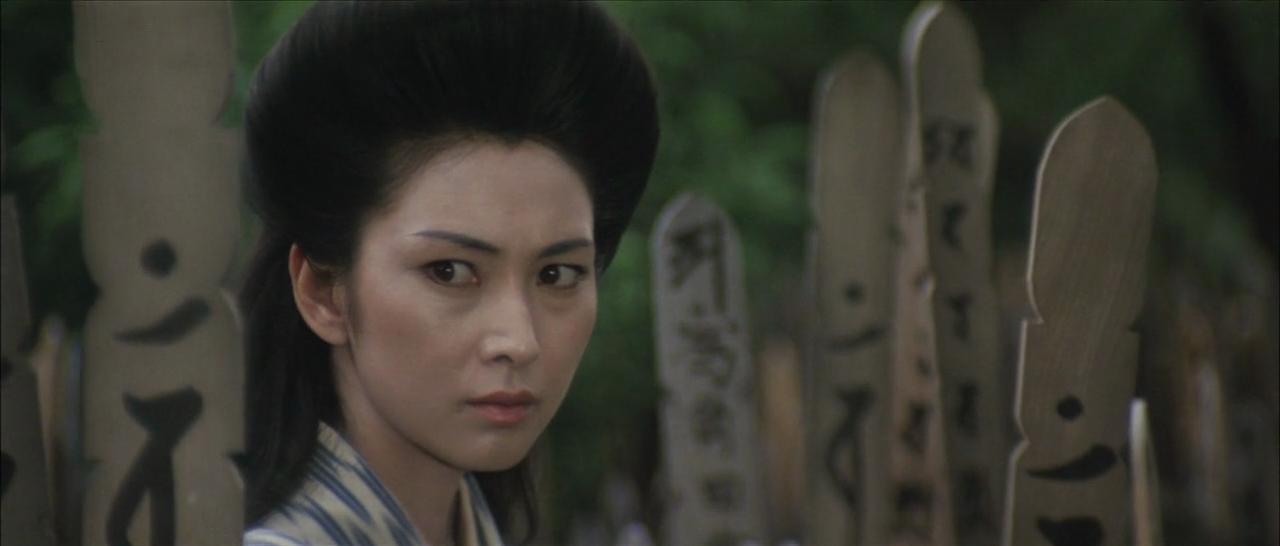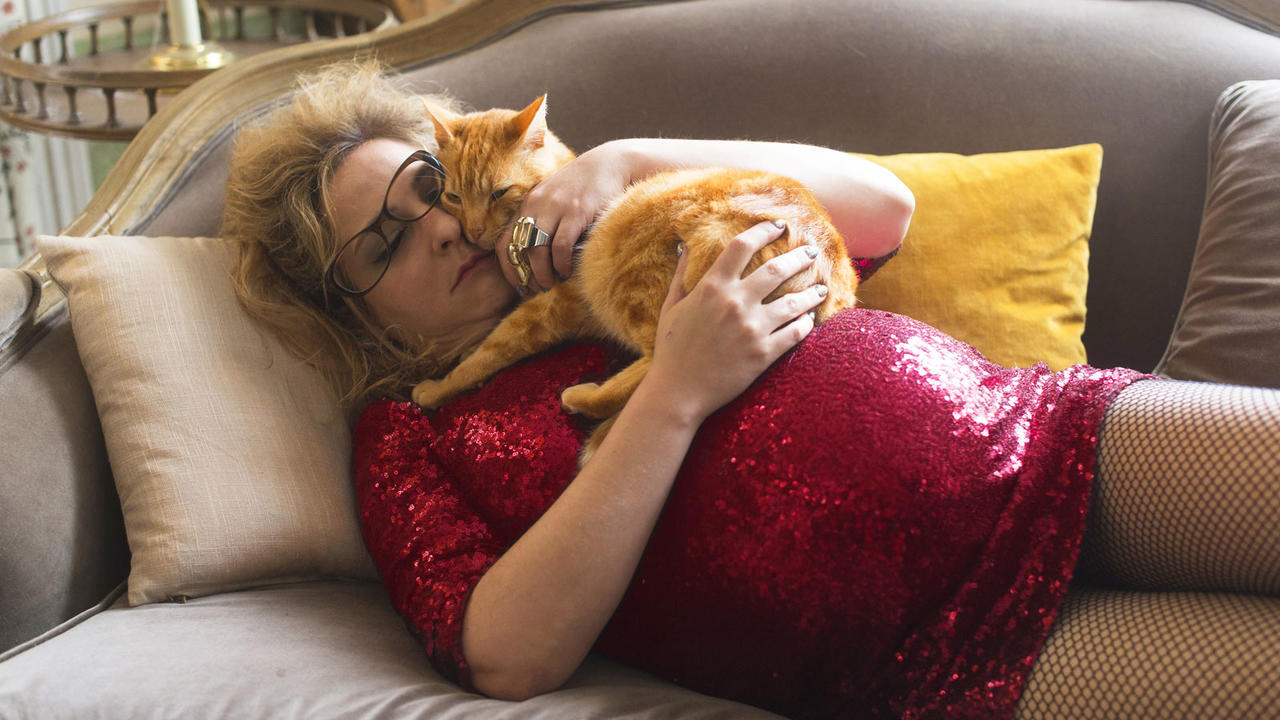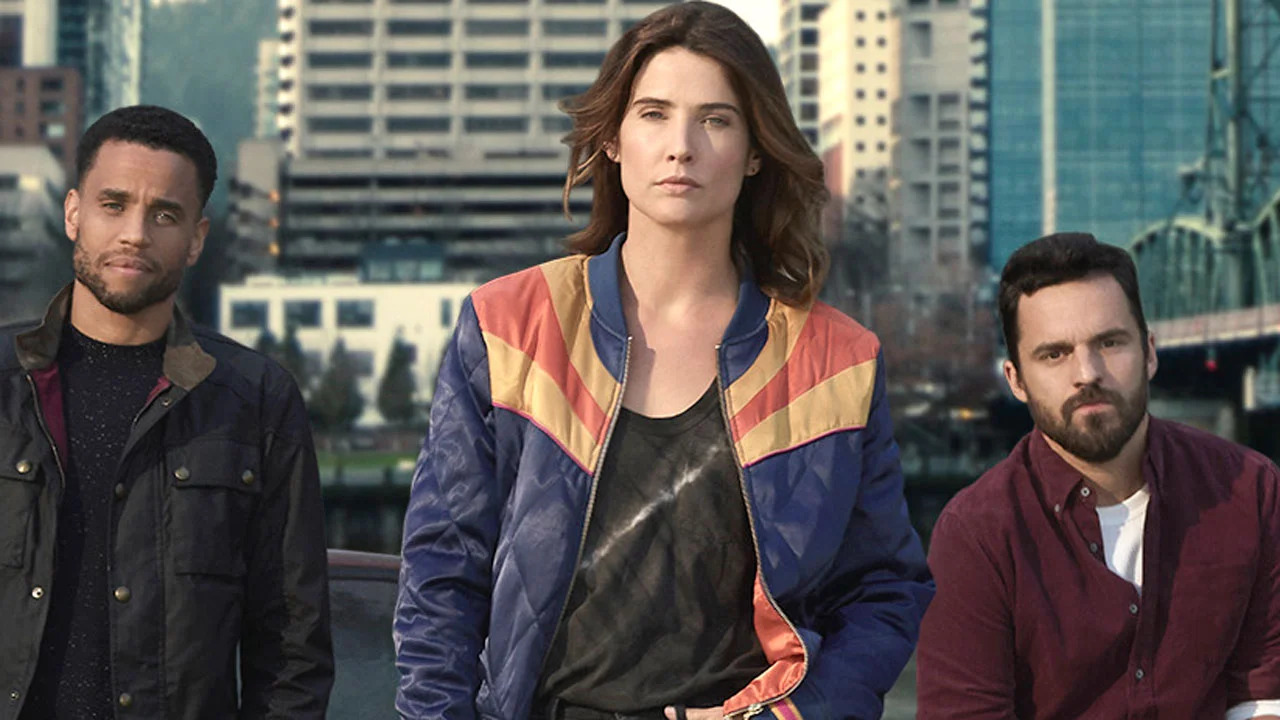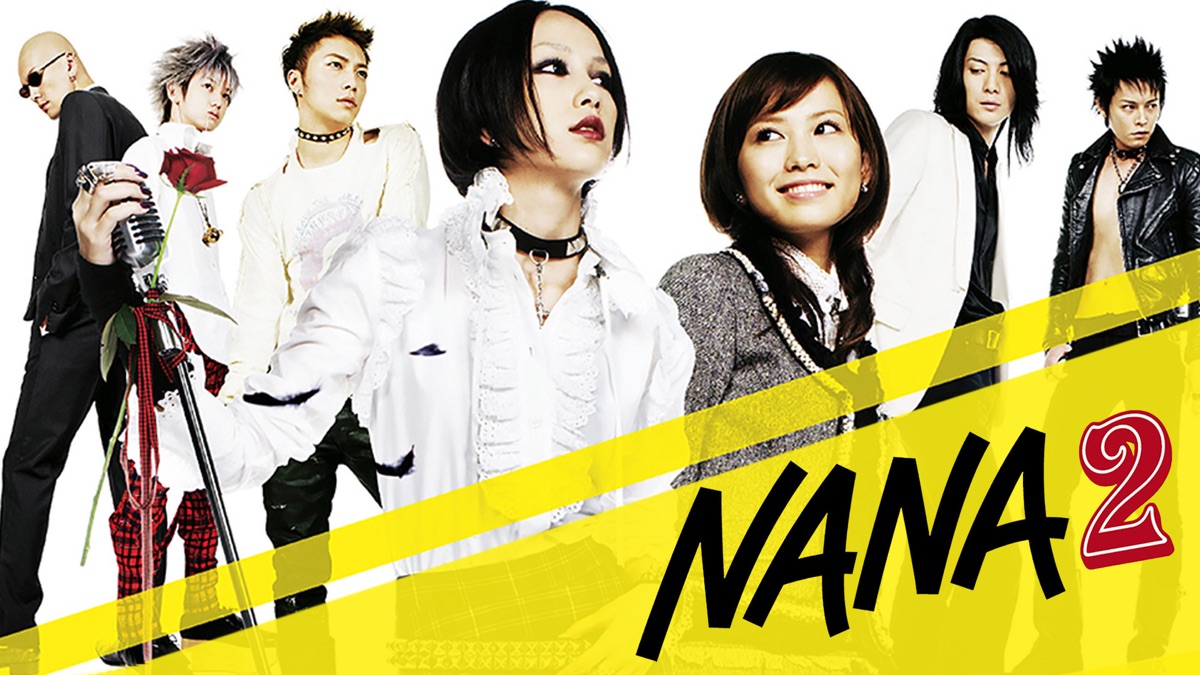Lady Snowblood 2: Love Song of Vengence (1974, directed by Toshiya Fujita)
Lady Snowblood 2: Love Song of Vengence is a very different movie from the first one, at least for a little while.

Meiko Kaji returns as Yuki, as does director Toshiya Fujita and screenwriter Norio Osada (who is joined by Kiyohide Ohara) but many of the similarities end there. The first movie basically exhausted most of the story from the Lady Snowblood manga by Kazuo Koike and Kazuo Kamimura so clearly everyone needed to come up with an original story.
This, however, feels like a story they already had in mind and just wrote Yuki’s character into it once they were given a sequel.
After the events of the first movie, Yuki is sought by authorities due to, you know, having gone on a massive killing spree. After she’s captured and sentenced to death, she’s rescued by the head of the Secret Police, Seishiro Kikui (Shin Kishida) to go undercover to retrieve a document from an anarchist, Ransui Tokunaga (Juzo Itami).
If you think Yuki’s allegiances change and everything goes badly for just about everyone, well, you’ve probably seen a movie before. There wasn’t going to be a happy ending with this setup.
Unlike the first movie with its saturated colors and kinetic action, Lady Snowblood 2 is dark, muted, and quite often slow. While there is some of the same bloody violence (especially at the end), there is much less of it. I wouldn’t necessarily call it restrained on that account, but the movie seems to be much more grounded in reality.
I’m not exactly sure how much the issues of poverty, police brutality, class discrepancies, and politics are really illuminated here, but it does feel like the filmmakers are trying to say something, even if it gets lost in the violence and overall despair (although that’s some of the point — there’s no escaping these circumstances). It does become more and more unrelentingly grim as the movie progresses.
Yuki really isn’t given that much to do. Yes, she calls Kukui out and decides to fight against him, even if it may mean her death, but unlike the single-minded character from the first movie, she’s mostly just observing and supporting. She may be at the center of things but it’s not about her at all.
None of this makes it a bad movie, exactly, but just one that doesn’t feel like Lady Snowblood — either the original manga or the first movie. I feel like it needs to be taken on its own terms and not really be regarded as a sequel.
The Princess Blade (2001, directed Shinsuke Sato)
I don’t know the production history for this movie but I also sincerely believe everyone wanted to make an updated version of Lady Snowblood and then The Matrix came out and movie executives basically said “could you somehow make that too?”

Yuki (Yumiko Shaku) has been trained as an assassin (it’s a vague point in the future but yes, everyone still has swords). She’s also the last one of a royal house and the assassin group she’s a part of killed her mother. And at this point, I’m going to stop explaining the plot because that backstory is overly convoluted when it barely matters.
Mostly, Yuki now wants to kill the leader of the assassin group to avenge her mother. There is also some stuff with a truck driver, Takashi (Hideaki Ito), who is also involved in a rebel movement.
Shaku is pretty cute in this role, honestly, although I don’t feel like she comes across as that tough. Her chemistry with Ito is good, although it always seems more friendly than romantic (I don’t feel like it was supposed to be romantic, though). The quieter parts between the two of them are the better parts of this movie, even if they feel pretty disconnected from the action-oriented parts.
The action, choreographed by Donnie Yen, is pretty great, at least when it can be clearly seen. The blue filter to make it look like night is used a lot here and it does make things look murky. There certainly is not enough action, though.
And I think that’s probably the biggest problem with the movie — the lack of budget really seems to show. It’s supposed to be the future (500 years?), but everyone is mostly wearing leather jackets and jeans. The assassins’ compound seems to be a dressed-up corner of a warehouse and many other action scenes take place in the woods because that doesn’t require a set. I think everyone tried really hard to make a stylish movie given the constraints but it just doesn’t work the way it should.
Yuki does succeed in her mission but Takashi is killed and I don’t really understand the point of any of that. There isn’t even a sense Yuki has a future after any of this. She’s barely a character throughout and just seems to stop existing at the end of the movie.
I don’t know why they’d pay for the rights to Lady Snowblood and then just make this. Other than the name of the character and some vague desire for revenge and, I guess, swords, it really has nothing to do with the manga at all. So I’m sticking to my theory they originally wanted to make a Lady Snowblood movie and were told to do something else. That’s the only way I feel better about this movie.
Still, though, Donnie Yen put together some decent action sequences so at least there’s that.




